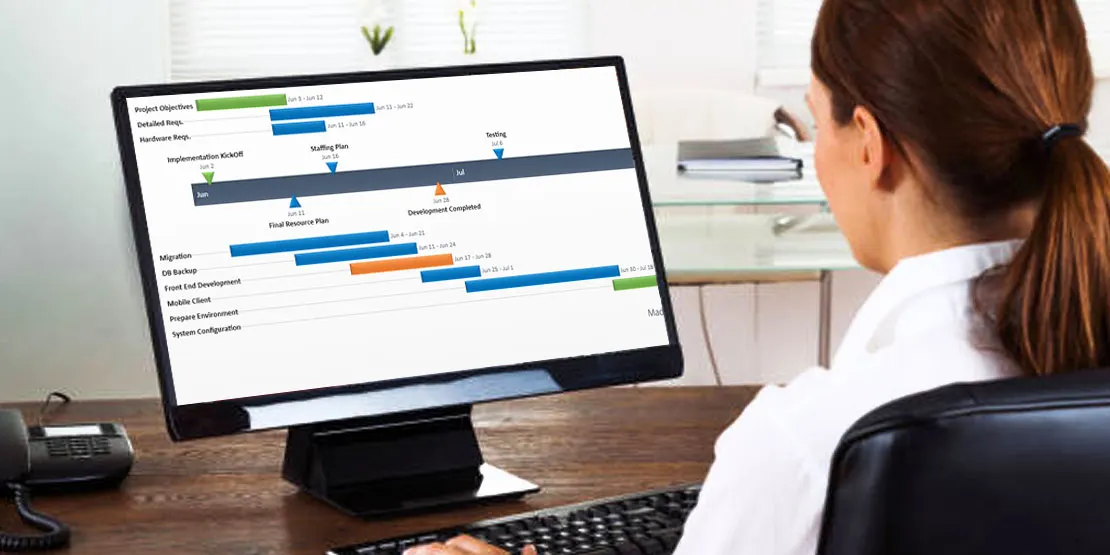
What is an ERP Implementation Service?
The enterprise resource planning software is a powerful set of solutions that can give any business a unified system according to their industry standards. The ERP also integrate and conduct the component like streamlined operations, effective data segregation, improved data orientated decisions and more. They are also beneficial in managing the various resources across departments like supply chain, customer relations, finance, human resources. These ERP implementation services are a pre-defined category in the business management software that can further automate and integrate the core processing of the business and can centralize the data from various departments to make it one. The ERP system enables the real-time access to information, for an effective management and strategic planning.
In this blog we will discuss about the ERP implementation services that come along with the Enterprises resource planning software, the user can also ease out this implementation process by simply partnering with the skillful team of O2B technologies who assist you at every operational stage and also build you a tailored dashboard. the blog also incorporates the best practices that the user must follow, some examples, and the sector that enjoy the maximum benefit from the ERP implementation

Stages of the ERP Life Cycle
The experts at O2B technologies, works on various stages which includes:
Pre-Implementation Planning
The first stage in the ERP Life Cycle, is to understand and evaluate the organizational requirements. The stage involves the construction of a well skilled team that works on the project and knows every aspect of the same, the stage also involves the defining of the objectives, evaluation of all the potential ERP implementation packages and so on. This stage builds a solid foundation for further phases.
Package Selection
Once the user got a clear picture of all their requirements, it’s time that they conduct a suitable choice of ERP software, the ERP here should go well with your choice of functionality, should be scalable, should be under your estimated budget and should be compatible with your existing processes.
Project Planning
The third phase is in the ERP life cycle is dedicated to the project planning and developing an outline for the components like time, resources and the allotted responsibilities. The user can clear their doubts on the objectives and engage the stakeholders for a progressive growth.
Design
This phase of ERP life cycle mainly focuses on crafting a blueprint of all the functions associated with the ERP system . The step includes the workflow designing, data structuring, user interface designing and much more. The phase is to construct the end-user's interface and provide insights into the practical needs and preferences.
Development
The development is the phase were the user with take help from an ERP developer and will work together on the chosen ERP software, the user at this step can customize the design according to their own specifications. The phase of ERP implementation service also involves extensive programming to add or modify all the modules for a better workflow alignment.
Test, deployment
The sixth phase of ERP life cycle, conduct various rigorous testing that works on different aspect of the system in terms of modules, integration, user acceptance and more. One the user is done with the testing phase they generally deploy the system unit in a normal ecosystem and collect the user feedbacks and work on the same if necessary.
Training and support/ update
After the deployment process the enterprise resource planning software’s like odoo gives the essential set of training to all its users. These training sessions should be designed according to the convivence and the understanding of the organization. The support after the implementation process is also a necessary aspect of the process as it provides a sense of confidence for the new users and also promotes a good brand image.
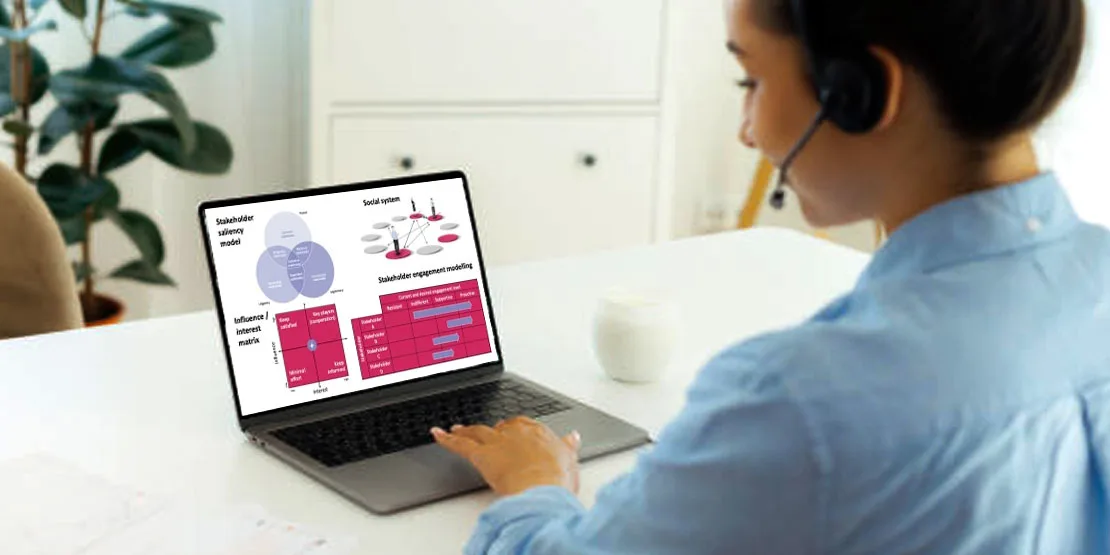
Best Practices for Successful ERP Implementation
Choose an Experienced ERP partners
An Experienced Vendor like o2b technologies smoothen out the operational unit and give tailored solutions to each client.
Engage Stakeholders Early
This particular process helps the client to get tailored advice from the experts and have a deeper understanding of the operating system.
Define Clear Objectives
The clear objectives of an organization mean a clear point of view and a defined vision, it also means to clearer chart on the process.
Define the project management plan
A well-planned project management helps the user to achieve the business objective more quickly and effectively. It also helps in knowing the need and concern of the key stakeholders, project scope.
Define Clear Objectives
The clear objectives of an organization mean a clear point of view and a defined vision, it also means to clearer chart on the process.
Define the project management plan
A well-planned project management helps the user to achieve the business objective more quickly and effectively. It also helps in knowing the need and concern of the key stakeholders, project scope.
Invest in Training
The business firm who invests in training and incorporates training partner who are experts and have a diverse knowledge base about different sector, gets the maximum benefit and have a more advanced functional unit.
Monitor Progress Regularly
Monitoring the progress means having an equal check on the process and keeping the scalable solution in terms.

Key Features of ERP Systems
These are the few features that an ERP system is consist of:
Centralized Database
It helps the user to store all the data into a single database and give them an ensured consistency with less chances of data breeching.
Real-time Information
The ERP system comes with the functions where the update in one sector of the workflow will automatically reflect in other areas of the processing, it also ensures the accuracy in reporting and analytics management.
Intergration
The ERP system works on connecting the software applications or the various data source with another units.
Automation
It is a process of working on the repetitive core business tasks, these can be different depending on the business. The automation results in availability across the across the organization.
Accounting
It helps the user with the complete financial unit, works on the business cash flow, payable and the overall invoice management.
Project Management
It assists the user in planning, evaluating, executing and monitoring the users project to achieve a certain milestone by the business.
Enclosed AI
AI works on speeding up the operations, the AI also provide the user with the advanced chatbot capabilities while also optimizing through smartphone and quick operational reporting.
Reporting
Reporting is one such feature that can be used in different functions such as financial reporting, external reporting, operational reporting, and the advanced regulatory and compliance reporting.
CRM
Customer relationship management, helps the user to store their customer data, track the various customer interactions and also work on the sales leads.
Examples of ERP Systems
There are various companies that utilized the ERP system and has successfully optimized their operating system, Here are some of the notable examples:
Toyota using Odoo
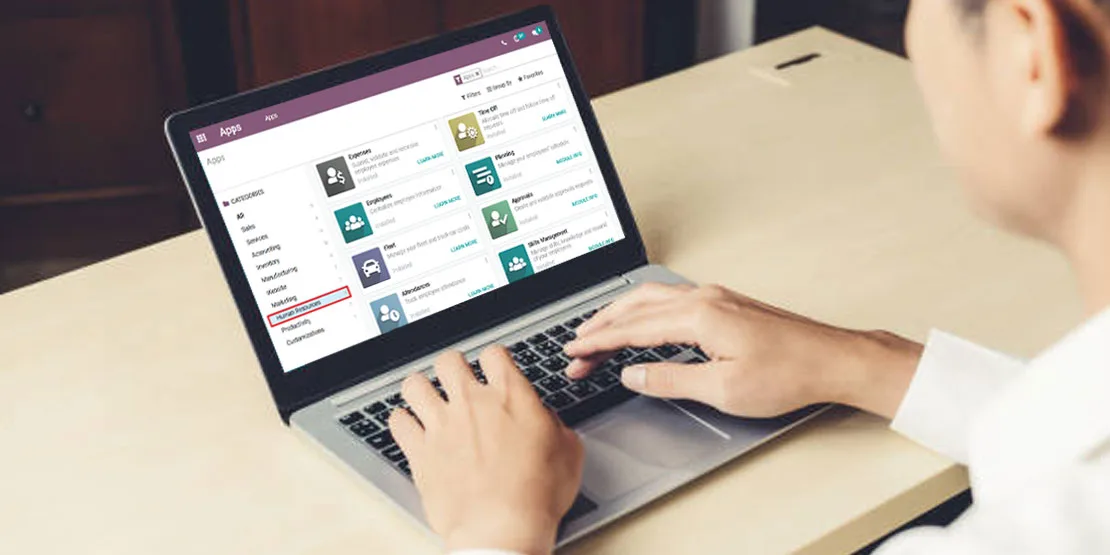
Toyota is a known name in the automotive industry that is using odoo as their ERP system. The odoo ERP supports them in getting advanced analytics through artificial intelligence and also facilitates the operation through machine learning. It also helps the user in providing better financial management and customer relationship management.
Upwork Global Inc using Odoo
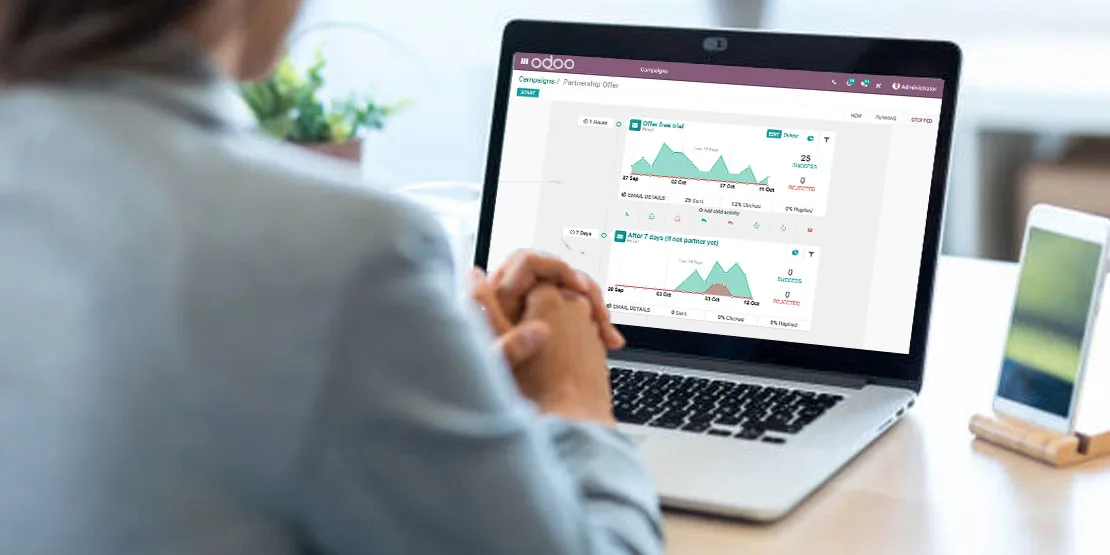
The popular name in the venture industry Upwork Global Inc uses odoo and automates a wide range of functionalities under a single unit. It also gives a more quick and advanced set of solution of the Upwork system with the elimination of human error and data breeching.
Starbucks with Oracle ERP
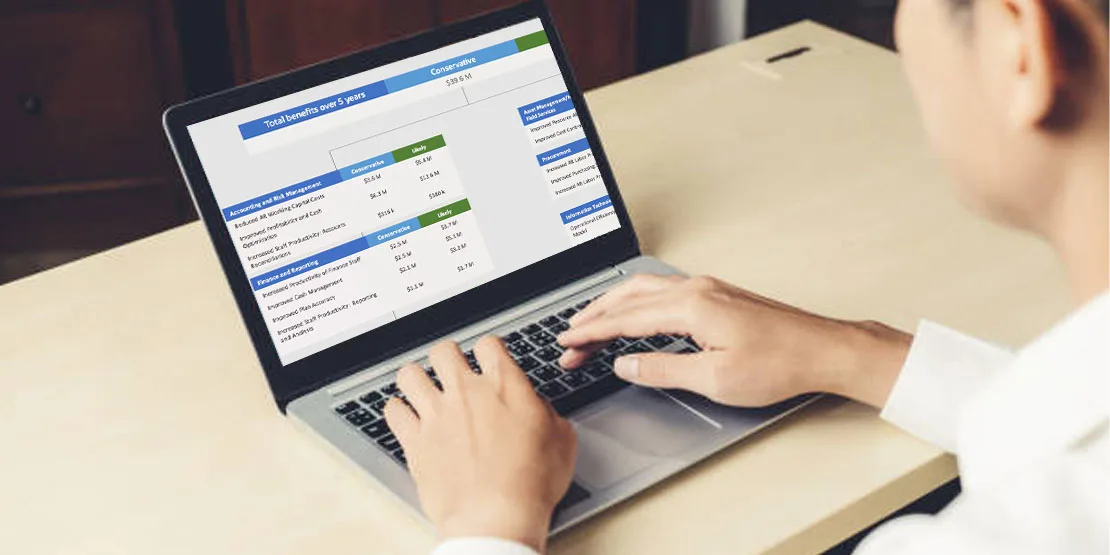
The known name in the chain of coffeehouses across the globe. The company uses Oracle's ERP system which is provides a comprehensive management across various platforms and include the supply chain management and other necessary operations like project accounting with an end-to -end support and analytics capabilities.
Sectors that get maximum Benefit from Odoo ERP
Service Sector
The service sector involves the businesses like consultancies or agencies which takes the software odoo for its Project Management module for the functions like planning, execution, monitoring of various projects. It also fulfills the features like task assignment, time tracking, and budget management for a timely project delivery under a decided budget.
Manufacturing Sector
The ERP software Odoo facilitates the user with a better collaboration among various departments and team members with advanced and integrated communication tools. Which promotes the soft skills like teamwork and active communication in the firm.
Healthcare
The health sector comes with various challenges; hence the user should always implement the odoo ERPs that can effectively manage the data like patient records, appointments, and billing processes all in one system. Hence this integration provides a modern look and feel of the dashboard as per the healthcare’s professional standard.
Operations Management
The Odoo ERP software helps various operational business organizations in maintaining the industry regulations and providing the tools for advanced reporting and documentation that can effectively reduce the administrative burden on the overall staff, allowing them to focus on the main motive.
Educational Institute
ERP systems automate other administrative tasks, like admissions processing, student record management, and grading. Automation will save manual effort and minimize error; resource allocation will be maximized for optimal use. For example, automation of the registration and scheduling of students can free time for staff to apply their resources to more strategic concerns rather than paperwork.
Marketing
With ERP, marketing firm will have all of their data in one place. Such integration fosters a holistic operations view, allowing the organization to gain access and even control information related to departments. Of course, central management has improved decision-making processes by significant numbers because it gives actual insight into how things are going in the current market, financial status, and resource utilization are concerned.
Retail firms
The main perk that the retail business takes from the odoo ERP system is the effective Customer Relationship Management (CRM) and Point of Sale (POS) modules which together build a strong customer experience, the software also provides a wide set of tools that efficiently manages the customer interaction, tracks the sales trends and gives the user a more tailored set of services. The software works on innovate and fast solutions that can streamline the integration of sales data with inventory management as per the customer demand.
HR and Payroll Management
Odoo works on multi-channel and can serve both online and offline sales channels within a single platform. These multi sales channel allows the HR to manage the business operations with the equal attention on the high valuable task which contributes in the holistic view of their entire business performance.
E-commerce
The e-commerce sector can leverage the Odoo's integrated suite and can effectively manage the components like product listings and the order fulfillment. The odoo provides a separate e-commerce module which can integrate with other inventory and shipment modules, for a maximum product availability during the brands festivities like sales, clearance offer, etc. or a quick user dispatch.
Purchase
The software Odoo also comes with the purchase analytics that serves as a bridge between the e-commerce business and the key performance indicators (KPIs) for a more data-driven approach and informed decisions about the marketing strategies and the inventory management.
FAQs
What is an International ERP implementation?
An international ERP implementation is the one that works globally and provides solution across, the best international ERP implementation software is Odoo with easy-to-use interface and extensive community support.
What is the main feature of hybrid ERP systems?
The primary feature of Hybrid ERP systems is the Optimized infrastructure costs.
What do you mean by ERP integration service?
It is a process in which the ERP software of a certain firm is connected well with other, focusing on crafting the specialized applications and processes throughout the business.
What does the role ERP implementation plays in the business growth?
The ERP implementation helps the business to conduct the key activity and also construct the new enterprise system.
What is a hybrid ERP?
The Hybrid ERP, means the connection of the two other ERPs this is generally the on-premise and cloud systems, and is used to deliver the flexible and adaptable solution to the user while also maintaining the extensive security, scalability and the cloud-based solutions.
What is an ERP system do for the government?
The ERP implementation systems helps the government to streamline their internal functions and also serves as an assist for the public services in the government bodies.
What do you mean by new ERP system?
An ERP software system that has an integrated set of applications according to the core business processes and aligned to the modern business standard is said to be the new ERP system.
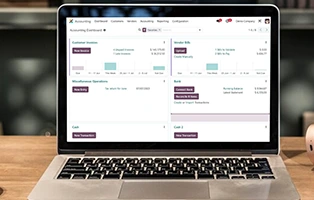

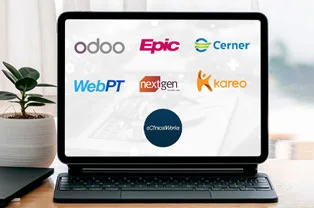
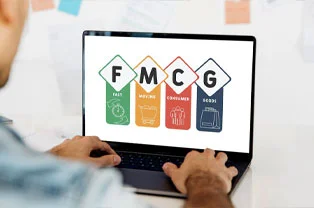
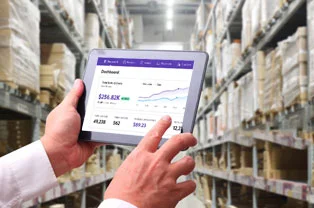
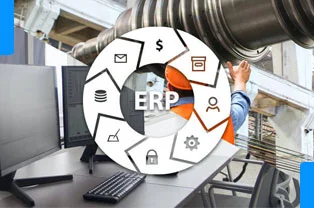

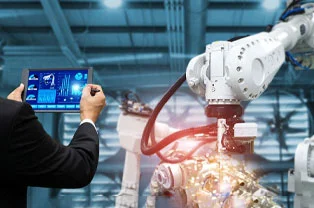

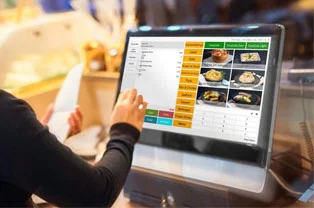

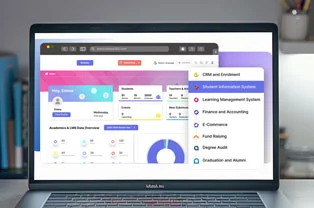
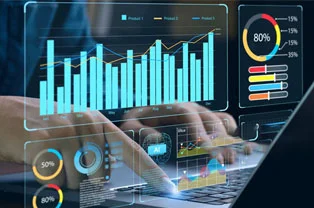







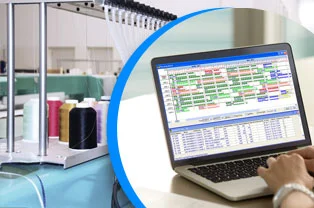
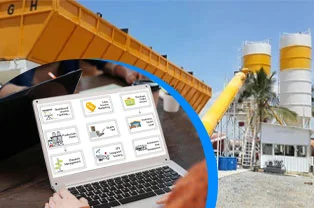
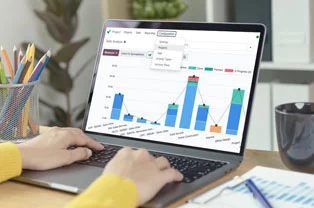

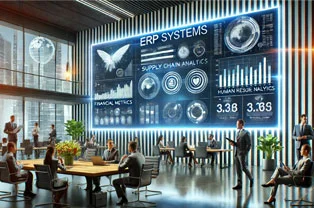


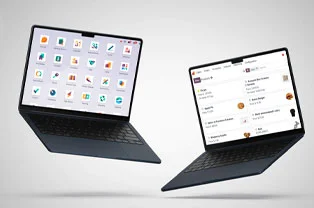

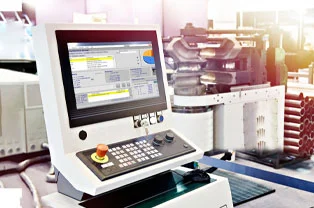
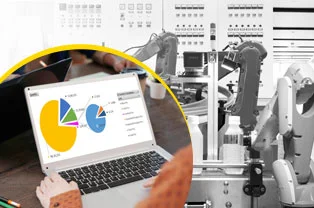
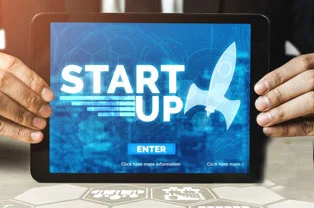
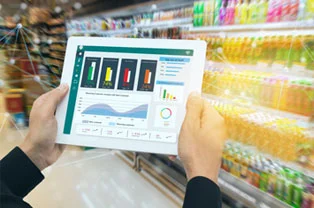
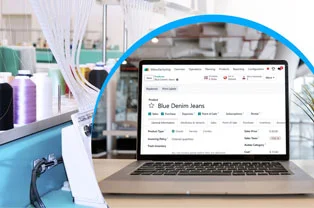
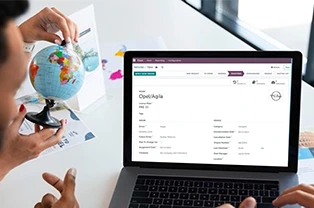










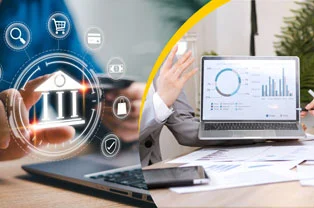


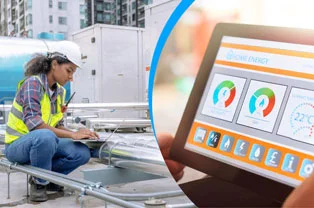

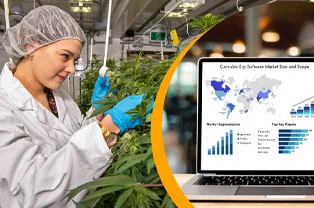
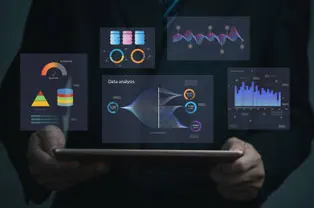
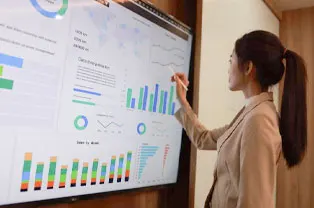







 USA
USA INDIA
INDIA